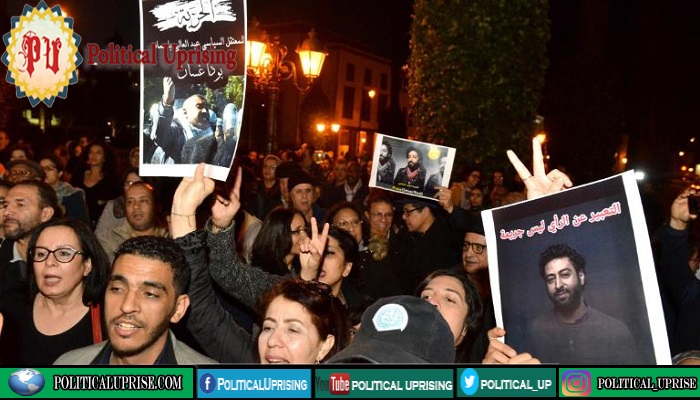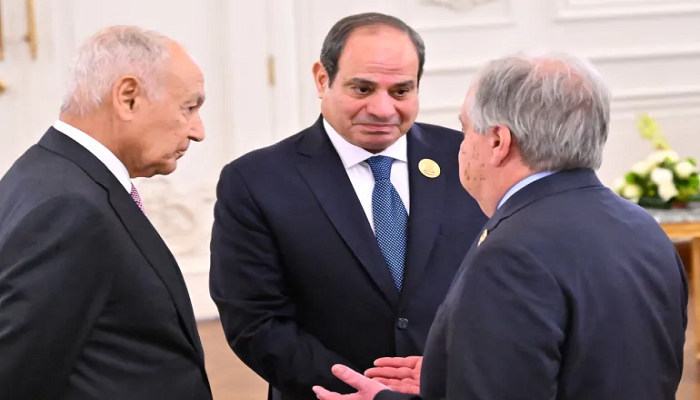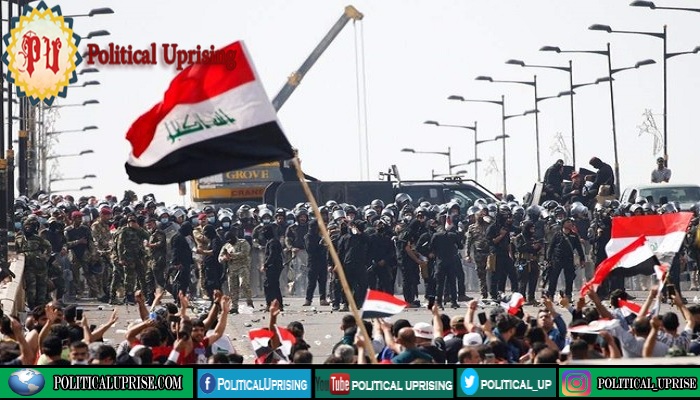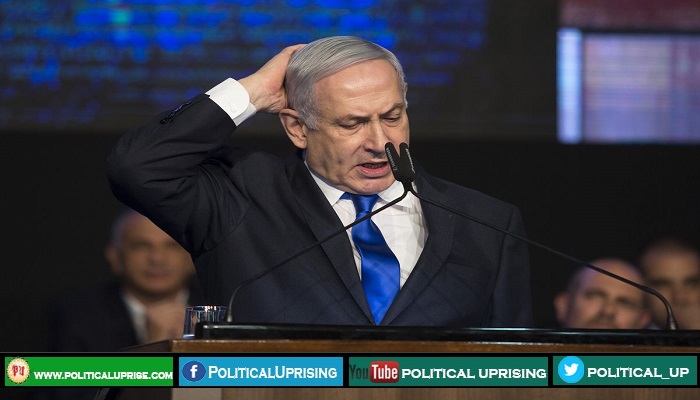Moroccan writer and activist Omar Radi is due to appear at a court in Casablanca for a second hearing in a trial.
Omar Radi, who was briefly detained in December, faces charges of insulting a judge in a Twitter post.
A Moroccan writer and activist is due to appear at a court in Casablanca for a second hearing in a trial that rights groups said was emblematic of what they called a broad crackdown on freedom of speech in the North African country.
A lawyer for Omar Radi said the 33-year-old writer faces up to two years in prison if convicted of charges of insulting a judge.
Radi was arrested in Casablanca on December 26 over a tweet he had posted in April last year in which he criticised a judge who had imposed maximum sentences on protesters from the poverty-stricken Rif region. Radi had called the judge a “henchman” who “carried out orders” from higher up.
Gang on trial for stealing Moroccan royal Jewellery
His arrest prompted protests in Rabat, Morocco’s capital, with hundreds chanting “Free Omar” outside the country’s parliament. The writer was granted conditional release on December 31.
“The Radi case indicates that the Moroccan government is becoming less tolerant of any form of peaceful dissent. This is deterring people from speaking their minds,” said Ahmed Benchemski, advocacy director of Human Rights Watch’s Middle East and North Africa division.
Radi, a well-known investigative journalist who exposed government corruption, was also an active commentator during a wave of protests in 2011, dubbed the “Moroccan Spring”, when activists rallied under the banner of the February 20 Movement for Change.
Weekly protests were held across Morocco, calling for an end to corruption and a transition to a constitutional monarchy.
The nationwide protests prompted King Mohammed VI to cede some powers, but some say the reforms did not change the balance of power between the monarchy and the elected parliament.
In 2016, Morocco was hit by a second wave of protests after a fishmonger was crushed to death inside a garbage truck while trying to retrieve fish that had been confiscated and thrown there by the police.
European leaders urge calm after fresh Tripoli assault
His death sparked large demonstrations in the northern Rif region. Hundreds of people were arrested in the ensuing crackdown.
Among them was journalist Hamid El Mahdoui, who was sentenced to three years in jail in 2018 on charges of inciting protests.
“Since the February 20 protest movement in which Omar Radi played a key role, the regime has gradually attacked human rights, especially in the domain of media and civil society. Journalists who are critical of the Palace and its policies are being targeted,” said Anna Jacobs, an expert on Morocco based in Doha, Qatar.
She added there were certain “red lines” for journalists, including criticising the monarchy and the nation’s territorial integrity.
Although reforms to the press code in 2016 abolished prison terms for journalists on charges of defamation, this has not deterred authorities from using the Moroccan penal code to arrest and imprison journalists.
The penal code, under which Radi is being prosecuted, criminalises speech that is deemed harmful to Islam and the monarchy or that defames state institutions or insults public officials.
Sherif Mansour, programme coordinator for the Middle East and North Africa at the Committee to Protect Journalists (CPJ), said the Moroccan government’s failure to amend the penal code allows the government to continue prosecuting journalists and dissidents. “This is the hypocrisy of it,” said Mansour.
Journalist freed in extramarital sex and abortion case
Several social media users have also been prosecuted under this law.
In December, a court in Settat handed a four-year prison sentence to social media influencer Mohammed Sekkaki for “insulting the king” and for calling Moroccans donkeys in a YouTube video posted in November.
In November last year, the Moroccan rapper Gnawi was sentenced to one year in prison on charges of insulting the police. Gnawi’s supporters, however, said the trial was punishment for his song Aach al Shaab (Long live the People) that was released just days before his arrest.
European countries urged Iran to stop violating nuclear deal
The song criticised corruption by Morocco’s rulers and was watched more than 15 million times on YouTube.
Morocco’s Ministry of Culture and Communications has previously dismissed accusations of judicial harassment of journalists, calling a 2018 Reporters Without Borders report on the topic “biased”.
“While the situation [in Morocco] is slightly better than that of other North African countries, the Moroccan government has created a system of media control that limits people’s de facto access to independent and pluralistic views,” said Barbara Trionfi, executive director of the International Press Institute (IPI).
“This is done through ownership patterns, carefully directed advertising and financial support for news media as well as judicial harassment.”
Moroccan journalist to appear at a court for second hearing.



